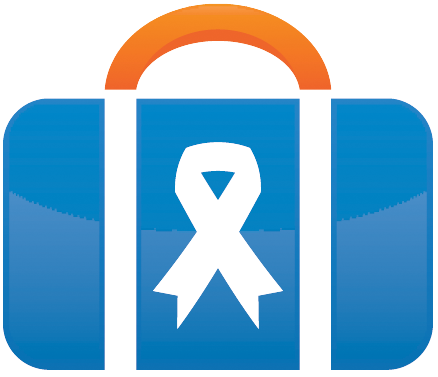In this post, you’ll learn the do’s and don’ts of getting sponsors for your fundraiser.
DO: Ask Your Organizational Contacts and Personal Connections to Sponsor Your Event
There’s no better place to start your list of target sponsors than with businesses that have previously contributed to your nonprofit.
On the flip side, any businesses to which your organization has contributed should also be on your list. Include every business that benefits from your nonprofit’s work or any vendors where your nonprofit regularly writes a check.
Additionally, leverage your personal connections: yourself, family, friends, coworkers, neighbors & anyone who owes a favor. Identify where they work, shop or otherwise have a meaningful connection, and ask for an introduction.
DON’T: Add Every Business to Your List
After listing your organization’s contacts and personal connections, you may feel the need to grab the yellow pages and contact every local business for a donation.
However, you’ll spend loads of time churning through your list, and your pitch will feel impersonal. Rather, filter targets based on where you can make a compelling pitch.
For examples:
- Does the business’s target customer overlap with the demographics of your attendees? For example, if your audience is relatively affluent, consider local lawyers, accountants, financial planners, bankers, real estate agents and car dealers.
- Have you seen the business sponsor other organization’s events? When a business sponsors another organization’s event, it indicates that they value promotion at benefit galas.
DO: Make Some Test Phone Calls
You’ve done the work to build a great list of target businesses. Wouldn’t it be a shame if you completely missed on the messaging or contacted the wrong people?
To perfect your approach, pick ten or so businesses that are middle or lower priority targets and call them to ask for support.
If they agree, then great! If they reject you, learn as much as you can about their decision making. Who makes decisions and when? What messages resonate and what falls flat?
While you may decide to email others on the list instead of calling, calling your test sample is important so you get immediate feedback.
DON’T: Send the Same Message to Everyone
While it’s easy to send your boilerplate sponsorship pitch to each business’s generic email address, you’ll more than likely reach the wrong person or be immediately dismissed as another charity asking for a handout.
Rather, personalize your message to focus on the primary reason each business might give.
For example, suppose you are targeting a small law firm that specializes in estate planning. Then, focus your messaging on how your event can help them build awareness among a wealthy and older demographic, and provide statistics to support your argument.
Your call to action should be that they join you at the “Supporting Sponsor” giving level, since a small business is not a good candidate for title sponsor.
This personalization will get the business’s attention and show them that you care about driving customers their way.
DO: Ask for Multi-Year Commitments
There’s no better way to get sponsors this year than not having to do anything since you firmed up a commitment last year.
Discount your sponsor packages to encourage multi-year commitments. This will help target businesses achieve a higher return on their marketing dollars while saving you time and effort.
Not to mention, you’ll also save on signage.
DON’T: Apologize for Asking
You are contacting businesses to offer them a great promotional opportunity while supporting your wonderful cause. Now that’s nothing to apologize for.
So, after giving your pitch, avoid saying, “Would please consider supporting our event? Sorry if it’s a bad time. It’s OK to say no.”
You should ask, “Will you support us by becoming a silver tier sponsor?” Then, hold the silence until the recipient responds.
Awkward? Effective? Yes.
DO: Follow Up After the Event
While your pitch to sponsors may be focused on the promotion they will receive, they will also like to know how your event went.
This will deepen your connection with the business so next year they will step up to the plate again for your cause.
Call your sponsors to thank them for their support, share the total amount raised and the projects you plan to pursue with the money. Hand-written notes are a nice alternative to calls.




